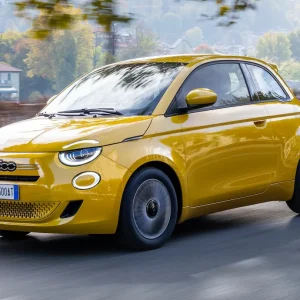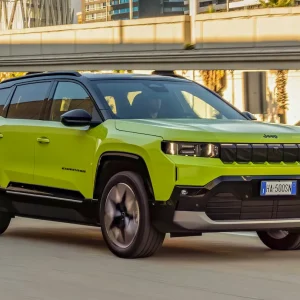The TT is otherwise unchanged, which means a classy but cosy cabin and looks that turn heads but are a little more macho than the first generation TT. The extra weight of that diesel engine under the bonnet doesn’t upset the ride quality, which treads the fine line between sporting set-up and motorway comfort well. It also doesn’t seem to affect the handling, with the TT still being fun on quiet B roads.

From the inside, there’s very little to give away that it’s a diesel, with some engine noise entering the cabin, but without any hint of diesel clatter. Performance is impressive – it doesn’t feel as quick from a standstill as the 7.5sec 0-62mph time suggests, but on the move there’s plenty of that diesel shove to make the driver forget it’s a sports car that feeds from the black pump.
The rest of the car remains an Audi TT, in that it has reasonable boot space of 290 litres with the barely usable rear seats in place and 790 litres with them dropped.
Rivals for a diesel TT are tricky to come by. The most obvious is probably the Volvo C30 and, as BMW doesn’t do a diesel Z4 Coupe we had to go for the cheaper 1-series Coupe. Finally, Mercedes‘ nearest competitor is the CLC, though that’s more realistically a rival to Audi’s A3. Despite the TT having a slightly higher cost per mile than the BM, its immense desirability, good running costs and top-notch RVs make it our pick.
The idea of a diesel Audi TT may have drivers bulking initially, but in an age where a diesel car will most probably win the Le Mans 24-hour race for the third consecutive year and diesel touring cars are regular race winners, the world is well and truly ready for a diesel version of what’s probably the most well recognised and desirable small sports car on the market. Especially when it’s good.





